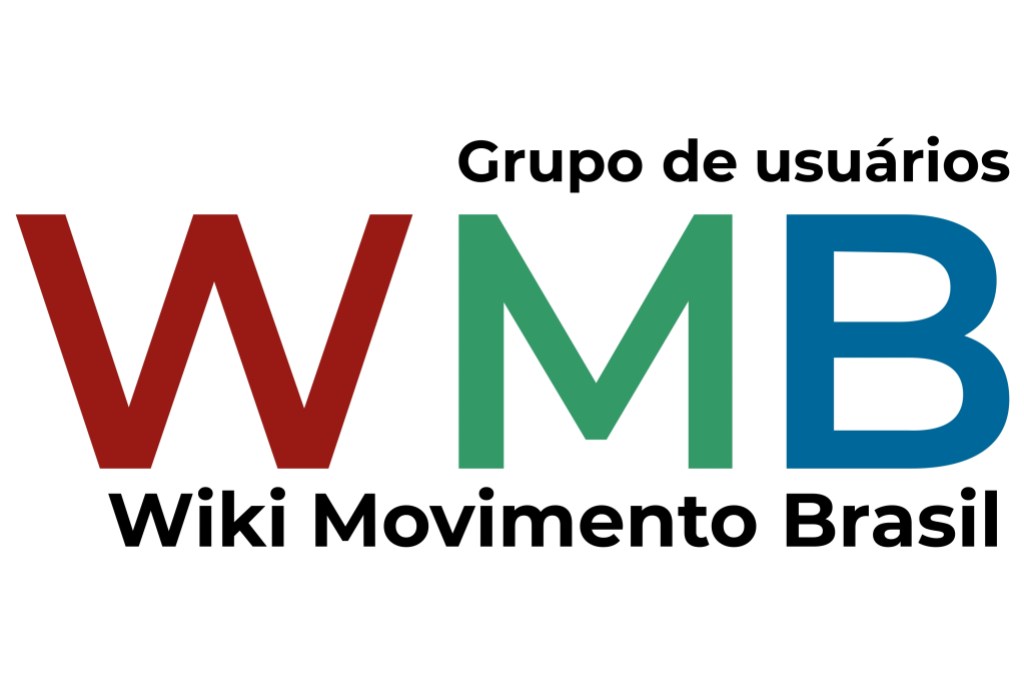Reporting learnings and study cases within a Wikimedia affiliate is crucial for several reasons, as it deals with continuous improvement, preventing reoccurrence, accountability, and governance, and, obviously, deals with learning and innovation itself. In this context, as an effort to share with the whole community valuable insights and experiences, Wiki Movimento Brasil (WMB) has published case study-style reports, wherein each management area is documenting the learnings and processes of the activities they promote. This initiative enhances our understanding of our activities, as well as endorses and fosters a culture of documentation and continuous revaluation of our practices based on the learnings we get from them. By conducting these case studies, we are able to think critically about the activities and discover what went right, what went wrong, what could be done differently, and how to improve for the next activities.
These case studies were presented at a team-wide meeting in July and then transformed into a published document. Presentations were ten minutes long for each one of the operational areas of Wiki Movimento Brasil and followed by 5 minutes of open discussion for each case. The case studies follow (in Brazilian Portuguese):
- Wikiconcurso Wiki Loves Pará (Wiki Loves Pará; Pará is a state of Brazil, located in northern Brazil and traversed by the lower Amazon River)
- Arq-A-Ton 2023 (Arq-A-Ton 2023)
- Wikiconcurso Cada Livro, Seu Público (Every Book Its Reader in Brazil)
- Estruturando o Comitê Diretivo do CALIBRA (Structuring the CALIBRA Steering Committee)
- Plano de Comunicação do Wiki Loves Pará (Wiki Loves Pará communication plan)
- Certificação Selo Doar 2023 (obtaining the “Doar Seal”, a certificate of good management and transparency practices)
- Wiki Loves Cultura Popular (Wiki Loves Folklore in Brazil)
As stated above, reporting all these case studies deals with several crucial aspects of a non-profit organization affiliated with the Wikimedia movement. The first point is continuous improvement, as reporting learnings and mistakes allows a Wikimedia affiliate to learn from its errors and make necessary improvements. This process of self-assessment and correction is essential for the long-term effectiveness of organizations such as WMB. At this same level, identifying and reporting learnings and mistakes helps prevent their recurrence. By analyzing the root causes of mistakes, WMB can implement corrective measures and preventive strategies to avoid similar issues in the future.
The second one deals with especially for fund management and administration management: accountability and governance. Reporting learnings and mistakes fosters a culture of accountability within organizations such as WMB, as it ensures that those responsible for errors are held accountable, and it demonstrates the organization’s commitment to good governance. Furthermore, as a third point of concern for Wikimedia affiliates to share their learnings and case studies, organizations that are open to admitting mistakes and learning from them are more likely to innovate and find better ways to achieve their goals. Last but not least, a fourth point involves community engagement. When WMB can work closely with local Wikimedia communities, reporting mistakes can foster trust and mutual respect. It shows that the WMB values the community’s input and is committed to making things right.
In summary, for WMB reporting case studies reporting learnings and mistakes within is not just a responsibility but also an opportunity for growth and improvement. It helps maintain trust, ensures compliance with regulations, and demonstrates the organization’s commitment to its mission. Moreover, it encourages a culture of learning, adaptability, and accountability, all of which are essential for the long-term success and impact of the Brazilian Wikimedia affiliate. Wiki Movimento Brasil would like to thank Jessica Stephenson, WMF Lead Director of Learning and Assessment, for her support and guidance in preparing these case studies.

Can you help us translate this article?
In order for this article to reach as many people as possible we would like your help. Can you translate this article to get the message out?
Start translation
